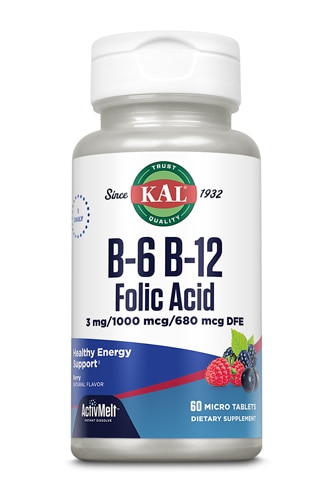Blind faith these days is in short supply—except when it comes to supplements. More and more Americans are taking dietary supplements, to the tune of 76 percent of US adults, up from 64 percent in 2008.
If we do take vitamins, it’s kind of like a trust fall: You believe with all your heart that these supplements will protect you and then surrender your trust that they will.
But taking vitamins and minerals doesn’t have to be an exercise in wishful thinking. Although supplements are not a substitute for a healthy diet, research has found that certain dietary supplements can be helpful in supporting overall health and can also be beneficial for specific health conditions.
A precise answer to how much the vitamins and minerals you take contribute to your overall health is almost impossible to answer. And yet, there are definitely ways you can make your supplement strategy more effective. Here’s how.
Know thyself
Most of the time, your body won’t give an obvious sign that you need a certain nutrient. The exceptions are extreme fatigue might signal the need for more iron, or gastrointestinal distress might prove grounds for a probiotic. But for the most part, you need to gather yourself to the right mix of vitamins for you through working with a practitioner who can also do lab work, or a thoughtful assessment of your own dietary needs.
For example, if you don’t consistently consume a well-rounded healthy diet, a multivitamin can fill in nutritional gaps. If you are a vegan, you may need a vitamin B12 supplement because you don’t eat animal products. If you are pregnant, adding prenatal vitamins (including folate, DHA, choline and calcium), all of which can nourish a growing fetus, is a prudent choice.
Another dietary concern to attend to is if you have food allergies or intolerances. If you are lactose intolerant, it would make sense for you to consider adding a calcium supplement to promote good bone health.
Do some supplemental due diligence
Not all supplements are created equal. Some have cheap fillers, other skimp on active ingredients, still others are sloppy about how the vitamin or mineral is sourced. According to testing done by Consumer Lab, a publisher of test results on health, wellness, and nutrition products 46 percent of the multivitamins they tested failed to live up to their labels.
Bottom line, it’s always best to buy from a reputable brand which has third party certification to make sure that what’s being advertised is what’s in the product. The “US Pharmacopeia Verified” mark, ConsumerLab Seal of Approval, or an NSF seal are excellent verifications that you are getting what you paid for.
At Vitacost, all supplements are carefully vetted before being accepted. Each manufacturer must provide a Certificate of Analysis that verifies the product meets the rigorous testing and safety specifications established by their standards.
Take with meals
One of the simplest ways to ensure your supplements are working is to take them with meals. Eating primes the stomach for absorption, initiating a cascade of digestive processes that optimize the bio-availability of the vitamins and minerals.
(The one exception is iron, which is best on an empty stomach.)
Certain vitamins do even better if paired with a little fat. Fat-soluble vitamins—such as A, D, E, and K are better absorbed when eaten with fat. A little milk, yogurt or avocado in your morning smoothie can make a big difference on the effectiveness of fat-soluble vitamins.
A 2015 study found that men who took vitamin D with a high-fat breakfast had roughly one third greater absorption of it than those who ate a fat-free breakfast.




